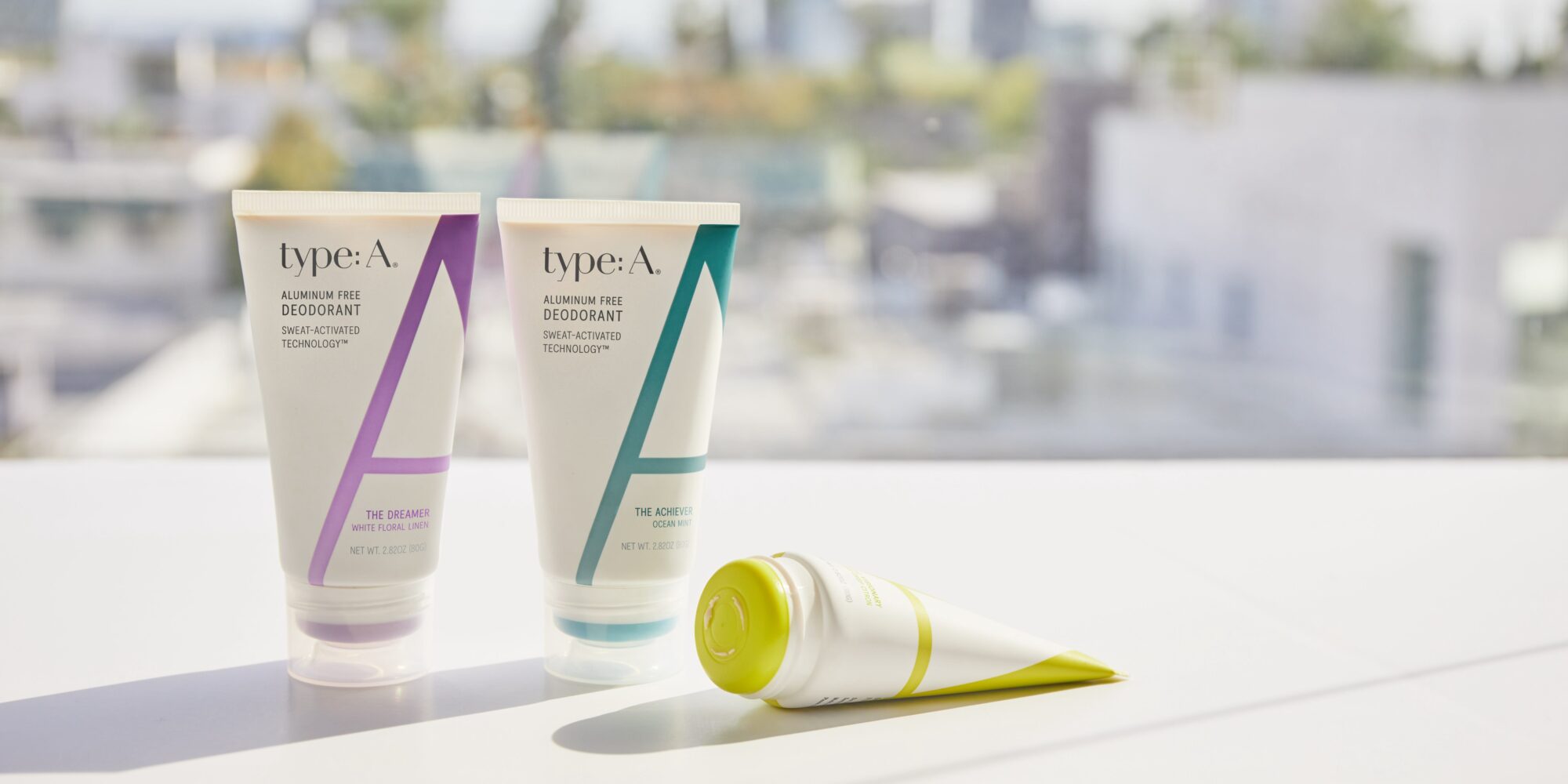
Brand Holding And Investment Company DCB Lab Acquires Clean Deodorant Player Type:A
DCB Lab, a brand holding, investment and advisory company, has acquired clean deodorant player Type:A for an undisclosed price.
The deal was first reported by publication BeautyMatter and is among a number of recent transactions involving e-commerce specialists snapping up beauty, personal care and wellness brands built with physical retail as a core pillar of their distribution, including Branded’s acquisition of Puracy, Boosted Commerce’s pickup of FoxyBae and Heyday’s purchase of ZitSticka. The transactions demonstrate how the prominence of omnichannel distribution strategies is changing the landscape.
Michael Malinsky, founder and CEO of DCB Lab, which is named for an acronym for “direct-to-consumer brands,” is highly aware of the changing landscape, and Type:A is part of his response to it. Malinsky was previously the CEO and co-founder of KF Beauty, the company behind Wunderbrow, an early DTC success story that spent tens of thousands of dollars a day on Facebook advertising to move millions of units. He left KF Beauty prior to starting DCB Lab in 2019.
Today, while DCB Lab still employs digital ads to rev up sales, the relatively cheap ads that Wunderbrow used to its advantage have vanished, and Malinsky is concentrating more than ever on retail, customer retention and product quality. With Type:A, he believes he’s hit upon a brand that can win on all three fronts. The brand’s aluminum-free cream deodorants passed his personal smell test.
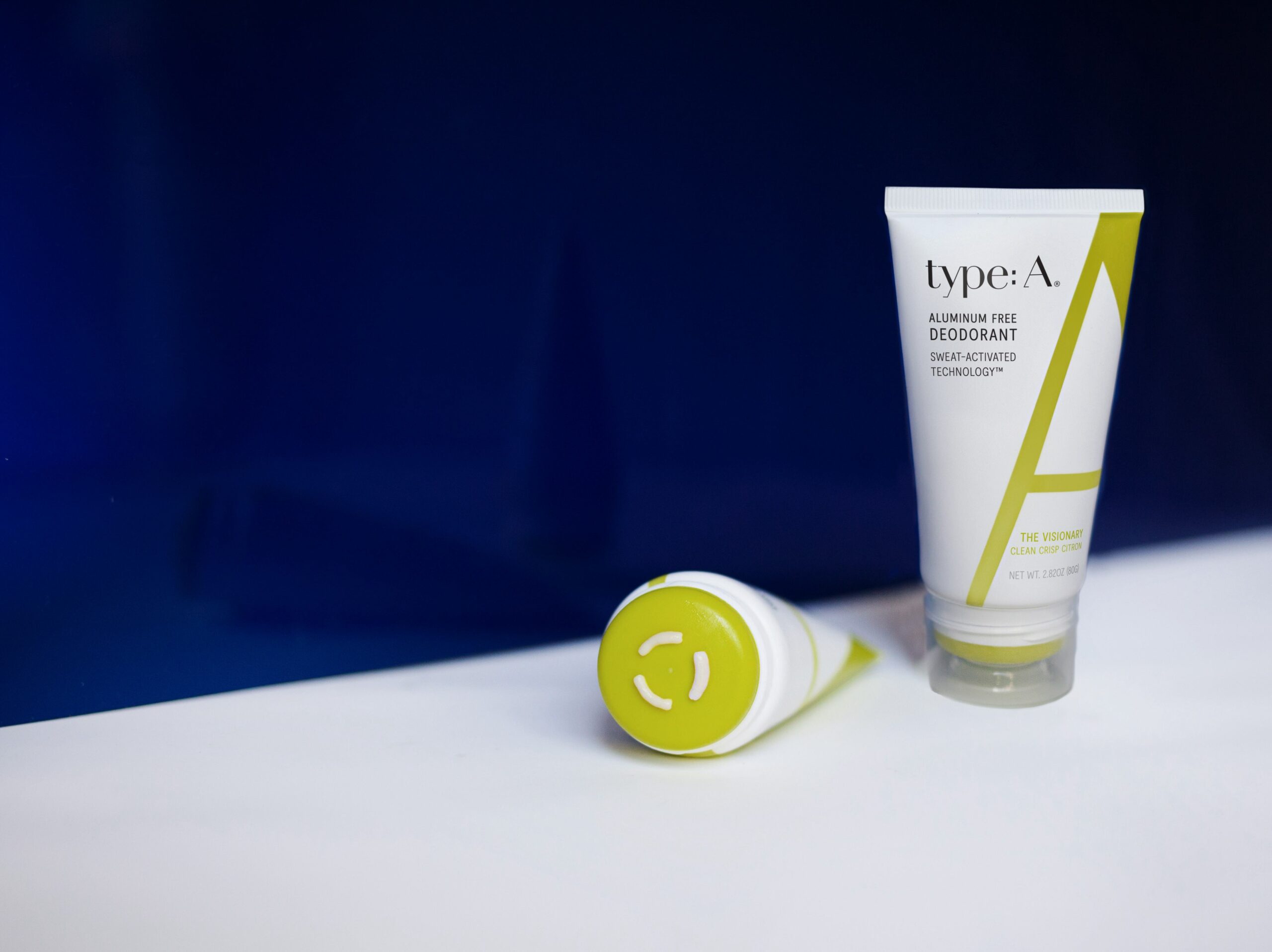
“The biggest change between now and operating in e-commerce five or 10 years ago is you can’t be successful with a mediocre product. You can’t rely on a single purchase from a customer,” says Malinsky. “You have to deliver something that a good portion of people who love buy again, either because they feel great about the product and want to experience it again or they want to explore it in different colors or buy something adjacent to it. For example, if they love your deodorant, they want to explore your soap.”
At DCB Lab, Malinksy’s rule of thumb is that there should be a 3-to-1 ratio between the lifetime value of a customer and the cost to acquire that customer. Although Facebook and Instagram remain crucial in the company’s ad mix, Malinsky emphasizes it’s important to diversify its reach across platforms—TikTok, YouTube, Google and Amazon, for instance, join the Meta properties—to break through the noise with consumers bombarded by product promotions.
“If six years ago you might have seen an ad and clicked to buy from a website, now the average consumer has 10 to 15 touchpoints, reading reviews, watching YouTube videos, checking out social media posts, and then goes back to buy,” he says. “So, the journey is very different.”
Allison Moss, who held marketing positions at Jurlique, L’Oréal and Estée Lauder before launching Type:A in 2018, began the brand with two deodorants priced each at $10 for a 2.8-oz. size and $6 for a 1.2-oz. size: herbal citrus-scented The Visionary and unscented The Minimalist. Currently, on Type:A’s site, there are seven varieties of its cream deodorant in a tube priced at $11.99 to $12.99 for a 2.8-oz. size. It also sells a soap dish, bar soaps, deodorant wipes and hand products priced from $4.99 to $13.99.
“The biggest change between now and operating in e-commerce five or 10 years ago is you can’t be successful with a mediocre product. You can’t rely on a single purchase from a customer.”
Type:A raised $500,000 in 2018 and $2.4 million two years later. Shortly following its launch, the brand premiered in retail at clean beauty retailer Credo. In 2020, it rolled out to around 1,500 Target stores. At the time, it was projected the brand’s sales could double after it generated $1 million in sales from 2018 to 2019. Type:A’s products are no longer at Credo. They remain available online at Target, but Target isn’t in the retail list on the brand’s site. The list features Anthropologie, Whole Foods, Bed Bath & Beyond and Harmon. On its site and Amazon, Type:A products are largely out of stock at the moment.
DCB Lab is readying the brand for an online and offline retail push. Malinsky says, “We are intending to go very quickly and increase the number of doors probably tenfold in the coming year, supporting the product online a lot more and creating a more robust digital and social presence.”
The retail push is rooted in Malinsky’s confidence in clean deodorants and the premiumization of the deodorant segment. According to market researcher Report Ocean, global aluminum-free deodorant sales are forecast to advance at an annual compound growth rate of 8.9% to go from $997.5 million in 2021 to almost $2.15 billion in 2030.
“People genuinely care about what they put inside and on their bodies,” says Malinsky. “We would rather deliver the best possible formula in the best possible sustainable packaging than try to shave 50 cents or a dollar off the cost. We know that Type:A’s customer is willing to pay for that particular product. There is some price elasticity.”
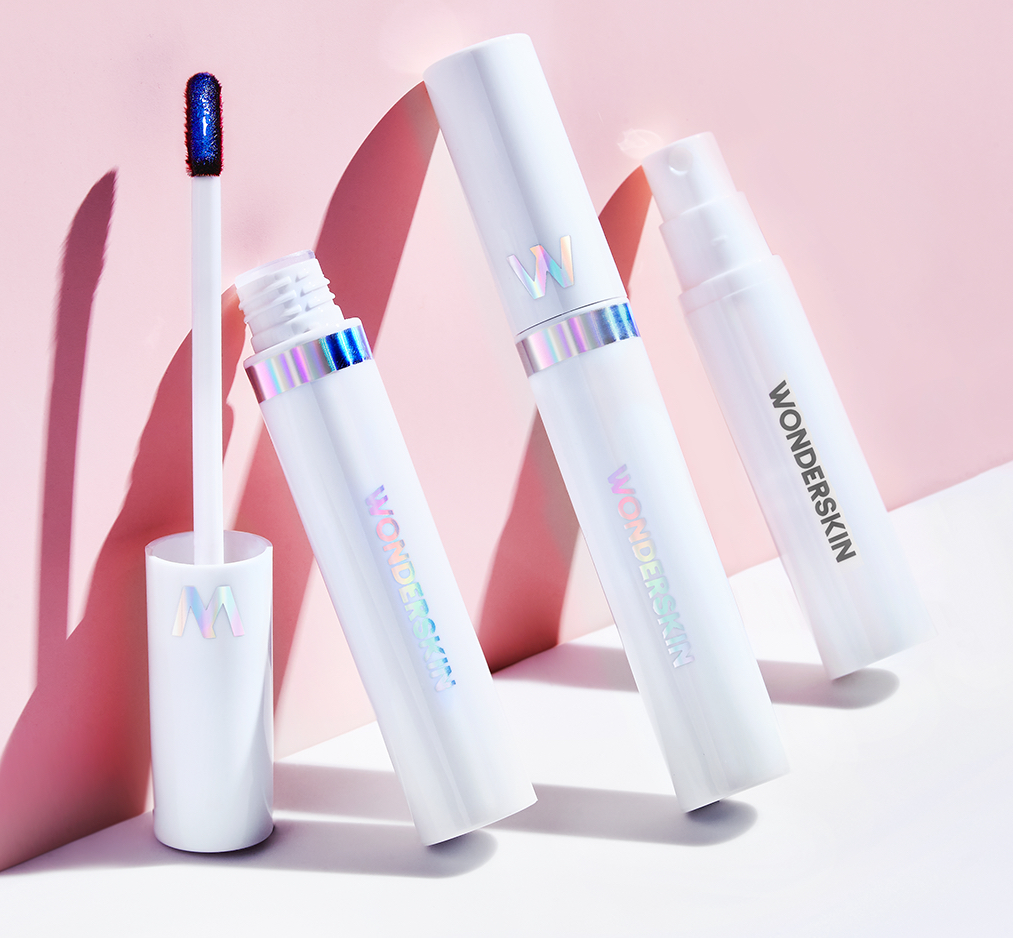
Type:A is the third owned brand in DCB Lab’s portfolio. The other two are Wonderskin, the beauty brand known for its peel-off lip stain, and cookware brand Jean Patrique. DCB Lab has invested in influencer content platform Insense, wine brand Nice, alcohol-free beer brand Lucky Saint, hair tools brand Lunata Beauty and vaporizer brand Omura.
Malinsky declines to disclose Type:A’s present sales. He mentions Wonderskin has surpassed $10 million in sales and is on an “upward trajectory.” In addition to its signature lip stain, the brand sells topical skincare products and facial tools, brow products and mascara. It’s shown Malinsky the power of virality.
“The viral power of social networks is still one of the most underrated tools. We have had videos for Wonderskin that have received 20 million, 30 million views. These are not even ones that we sponsored. You can’t pay for a viral TikTok video,” he says. “You have to experiment and take risks. We try to work with dozens of creators a week, hundreds of creators a month because we feel that casting a wider net in terms of relationships for different takes on the representation of our brands and products is a path for the future.”
Headquartered in London, DCB Lab has about 30 full-time employees. With the economy shaky, the company is pursuing a comparatively circumspect approach to acquisitions. Six months ago, Malinsky says, “We were thinking of going a lot more multibrand and a lot more growth-focused. Now, I think ensuring profitably alongside growth is more of a priority.”

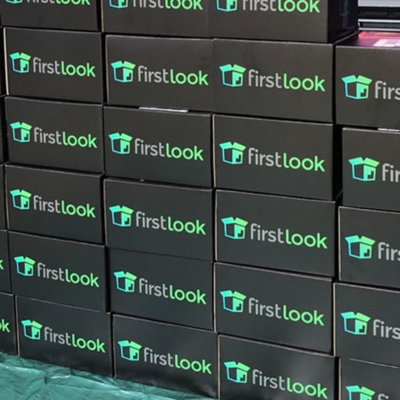
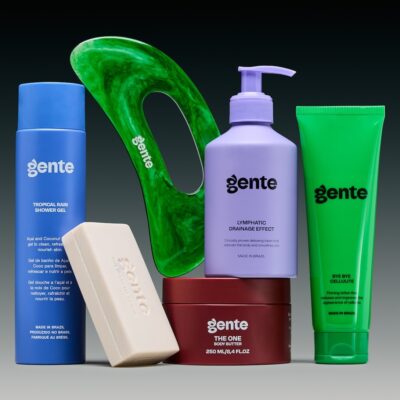
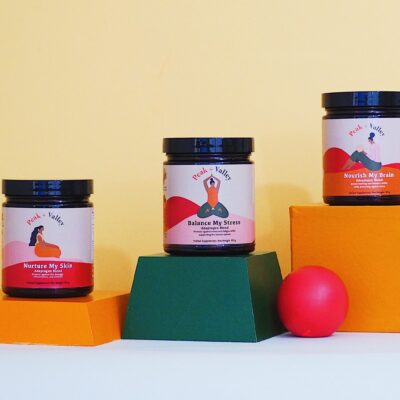
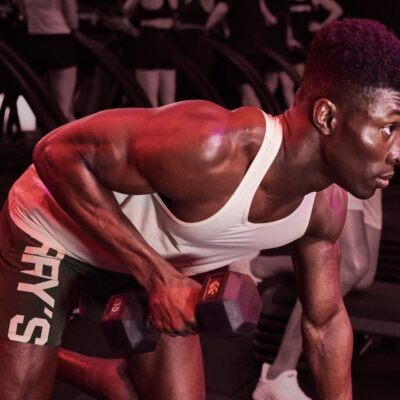
Leave a Reply
You must be logged in to post a comment.